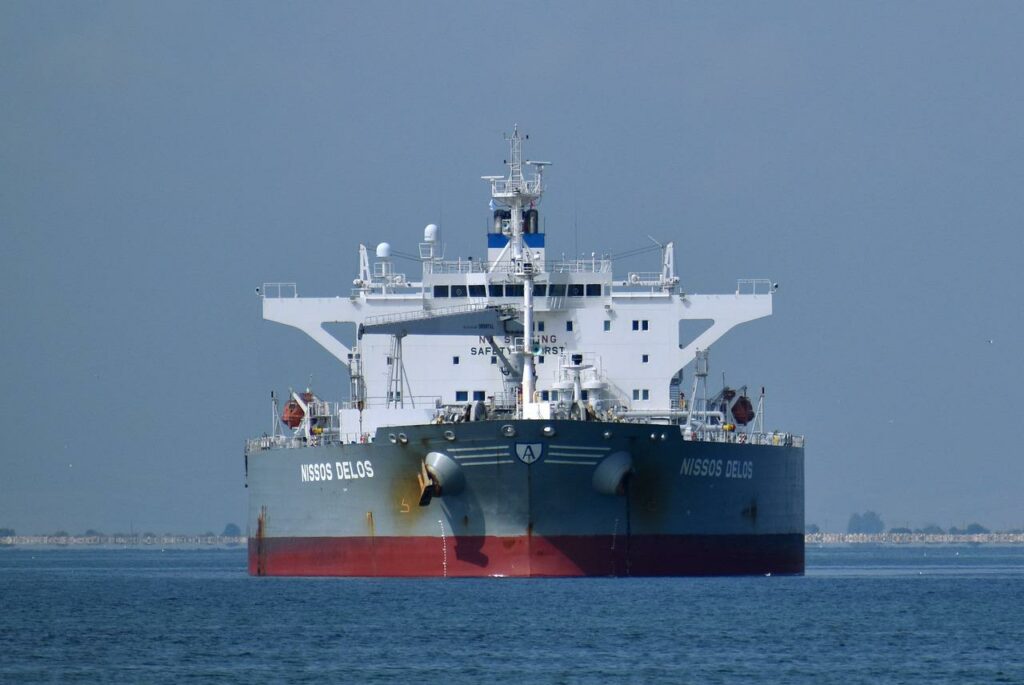With an oil embargo, the EU wants to stop its own oil imports from Russia so that Putin can no longer finance the war in Ukraine with the revenues. However, this measure is not nearly as effective as those responsible had imagined. Russia has already begun to sell its oil to Asia, as was quite predictable. The biggest customer is India, but China also buys large quantities of Russian oil, which Russia offers at a discount of up to 40 per cent compared to the world market price. In the first month of the war, Russia has already sold more oil than a year before. Entire tanker fleets now call at ports in China and India instead of ports in the EU or the USA. Now European insurers are no longer to insure Russian tankers.
Oil embargo to reduce Russian state revenues
The EU wants to completely stop importing Russian oil and oil products such as diesel by the end of the year. Only Hungary and Slovakia want to continue to buy Russian oil. The aim is to reduce Russian state revenues to finance the Ukraine war. Russia took more than 60 billion euros from Europe through oil exports in the first two months of the war alone. The USA and Great Britain have already decided on a corresponding import stop.

Russia diverts oil exports to Asia
However, other states that have not joined the Western sanctions are now buying Russian oil at considerable discounts. India in particular makes no secret of buying large quantities of Russian oil production. But tankers with Russian crude oil are now also piling up in front of Chinese ports. Due to the global rise in oil prices, Russia is taking in more money than before the war, despite the high discounts. Russia could even increase its exports to Asia. As a result, the European oil embargo is completely coming to nothing.
EU now also wants to ban oil export financing and services
The EU wants to expand its sanctions decisions to make it more difficult to export Russian oil to third countries. Therefore, companies in the EU will no longer be allowed to provide direct or indirect support for the marketing or transport of Russian oil. This includes financing or financial support, as well as services related to the transport of Russian oil.
Insurers should no longer insure tankers
This would then affect all measures from ship financing to insurance to the shipping companies that operate the corresponding tankers. This would primarily affect Greece, because Greek shipowners have the world’s largest fleet of oil tankers. But the British insurer Lloyd’s would also be affected. Lloyd’s has a virtual monopoly on insuring ships. However, insurance is indispensable for shipowners, because no state would allow an uninsured oil tanker to enter its ports. Although Great Britain is no longer part of the EU, some of the EU rules still apply to insurance there.
Desperate attempt to prevent diversion of trade flows
Now that Russia has quickly found substitute buyers for its crude oil, the EU’s oil embargo is threatening to come to nothing before it has even come into force. It is only a matter of time before non-European banks or insurers also take over the financing and insurance. This will probably also undermine the new measures. The only thing that will be achieved then is that we will all have to pay more for energy and the competition on the world market will get energy even cheaper. Ultimately, this will lead to an economic downturn in the Eurozone, combined with high inflation and unemployment, without coming close to the actual goal of weakening Russia.
